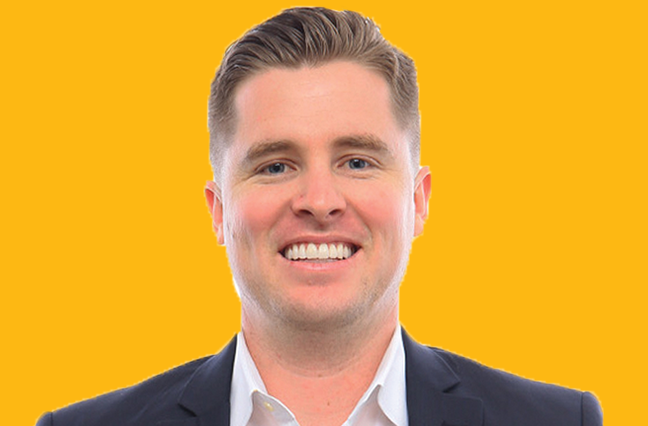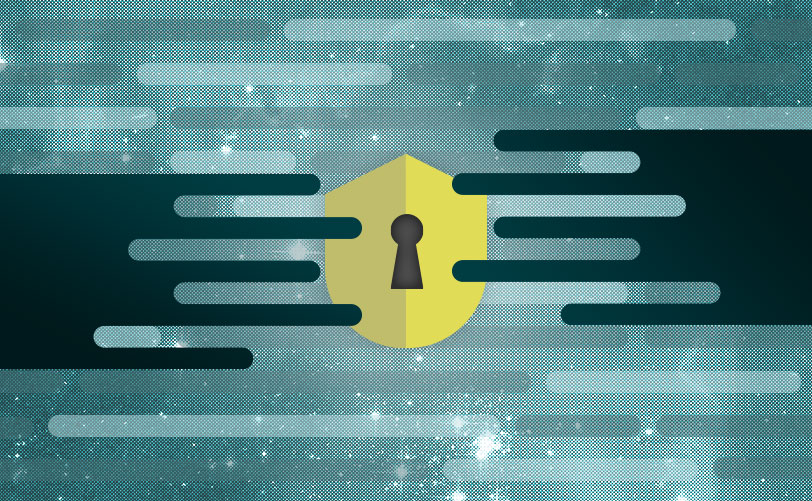
Cyber Confidence

Evolve MGA brings industry experience and intense training to bear in the cyber market.
To give you an example, if you don’t perform something like dual-factor authentication…or maybe you’re not implementing the recommended cyber-security procedures. You’re not going to receive coverage. This is really frustrating to me, because a lot of competitors’ coverage seems to be smoke and mirrors and it kind of discredits cyber insurance as a whole. Beyond coverage, I think our efficiency is unparalleled. We are super focused on going the extra mile to make sure brokers and our insureds truly understand their exposures.
I always tell people you need to focus on what you can control. Make sure you have the right cyber security in place. Make sure you have the right cyber insurance policy in place. You want to make sure your employees have effective training. You’d be shocked at the amount of claims we see that are the result of human error and phishing.
We’re looking to hire people right out of college. We’re looking to hire people that have some experience in the industry. But we’re also looking at people that have had serious experience in the industry. So I wouldn’t restrict it to one demographic or another. But it seems to me that millennials are a bit more attracted to just the overall vibe of cyber insurance and a lot of times, just based on the technology element of the industry, they have a strong grasp on it already.
I also saw my brother, who co-founded Evolve with me, at Lloyd’s of London, and I saw the wholesale distribution chain, as well, and how Lloyd’s of London worked. It was a great education in the industry. That’s really what caused us to jump into the MGA model and find the correct mentors in the industry that knew where the market was going and knew how to provide true value to the demographic of retail insurance brokers we’re working with. I think it was kind of a perfect storm of the experience across the industry, the family history, and the emerging product, like cyber, that we could really jump in and actually provide value when it comes to an emerging product.




